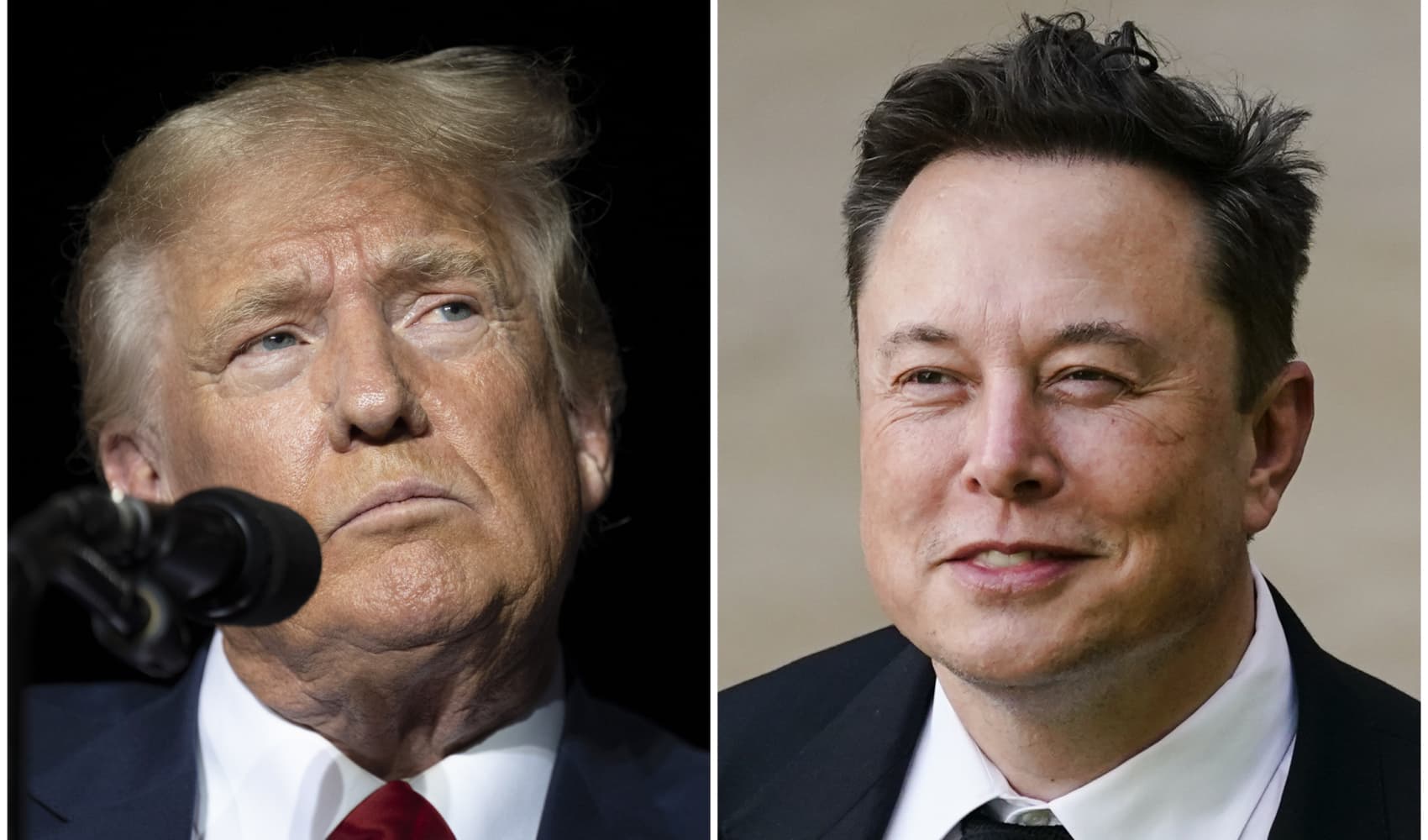
The Tokyo Stock Exchange (TSE), operated by Japan Exchange Group Inc. (JPX), in Tokyo, Japan, on Monday, Nov. 30, 2020.
- Shares of Chinese telecommunications firms listed in Hong Kong fell after the New York Stock Exchange made yet another U-turn on its decision to delist the firms.
- Overnight on Wall Street, the Dow Jones Industrial Average rose more than 400 points to close at a record.
- Pro-Trump rioters stormed the U.S. Capitol and caused Congress to suspend proceedings to confirm the election of Joe Biden as president. But markets were largely unaffected by the mayhem.
SINGAPORE — Stocks in Asia-Pacific were higher on Thursday after the Dow Jones Industrial Average surged to an all-time high overnight despite unrest in Washington.
In Japan, the Nikkei 225 jumped 1.6% to close at 27,490.13 while the Topix index gained 1.68% to end its trading session at 1,826.30. Earlier during the session, the Nikkei shot as high as 27,624.73, and surpassed the recent 52-week intraday high of around 27,600 on Dec. 29 — a level not seen since August 1990.
South Korea's Kospi advanced 2.14% to close at 3,031.68.
Mainland Chinese stocks saw gains on the day, with the Shanghai composite up 0.71% to 3,576.20 and the Shenzhen component rising 1.111% to 15,356.40. Hong Kong's Hang Seng index lagged the region's major markets as it dipped 0.52% to close at 27,548.52.
Stocks in Australia jumped, with the S&P/ASX 200 up 1.59% to close at 6,712. Australia's goods and services exports rose 3% month-on-month in November on a seasonally adjusted basis, according to statistics released Thursday by the country's Bureau of Statistics.
MSCI's broadest index of Asia-Pacific shares outside Japan advanced 0.62%.
Money Report
China telco stocks plunge
Shares of Chinese telecommunications firms listed in Hong Kong fell after the New York Stock Exchange made yet another U-turn on its decision to delist the firms. Trading of the three securities will be suspended at 4 p.m. ET Monday, the exchange said.
By the Thursday market close in Hong Kong, shares of China Mobile in the city plunged 7.18%, while China Unicom fell 11.35% and China Telecom declined 9.38%.
Those developments came following days of uncertainty after U.S. President Donald Trump signied an executive order that sought to bar American firms and individuals from investing in firms that the administration alleged aid the Chinese military.
Rioters storm U.S. Capitol
Overnight on Wall Street, the Dow rose 437.80 points to close at a record of 30,829.40. The S&P 500 advanced 0.57% to finish its trading day at 3,748.14 while the Nasdaq Composite closed 0.61% lower at 12,740.79.
The moves stateside came amid investor optimism over the prospect of additional fiscal stimulus and coronavirus relief as Democrats look poised to take control of the Senate.
NBC News projected that Democrats Raphael Warnock and Jon Ossoff would defeat Republicans Kelly Loeffler and David Perdue in two runoffs in Georgia. Those wins split the upper chamber 50-50, with Vice President-elect Kamala Harris becoming the tiebreaker vote to give the party control of the Senate.
That news, however, was largely overshadowed by chaos in Washington. Pro-Trump rioters stormed the U.S. Capitol and caused Congress to suspend proceedings to confirm the election of Joe Biden as president. Still, markets were largely unaffected by the mayhem.
The Capitol was finally secured late Wednesday afternoon, and Congress resumed the process of counting electoral votes and confirming President-elect Joe Biden's victory.
"For the first time in 10 years, it appears that Democrats will have control of the House, Senate and White House. But the process has been halted by an unprecedented invasion of Capitol Hill during the Electoral vote count," Kathy Lien, managing director of foreign exchange strategy at BK Asset Management, wrote in a note dated Wednesday.
"Looking beyond the protests, a united government has significant ramifications for US policy and the economy," Lien said.
Currencies and oil
The U.S. dollar index, which tracks the greenback against a basket of its peers, was at 89.64 following an earlier low of 89.321.
The Japanese yen traded at 103.41 per dollar after trading at levels below 102.8 against the greenback yesterday. The Australian dollar changed hands at $0.7776, having risen from levels below $0.77 this week.
Oil prices were higher in the afternoon of Asia trading hours, with international benchmark Brent crude futures up 0.7% to $54.68 per barrel. U.S. crude futures gained 0.87% to $51.07 per barrel.
— CNBC's Amanda Macias and Dan Mangan contributed to this report.






